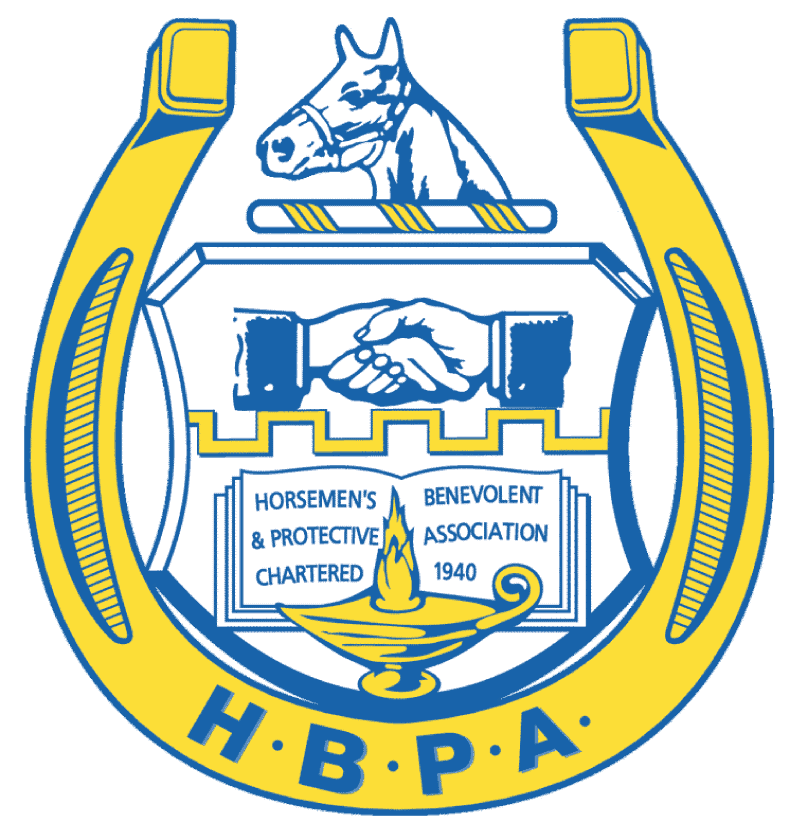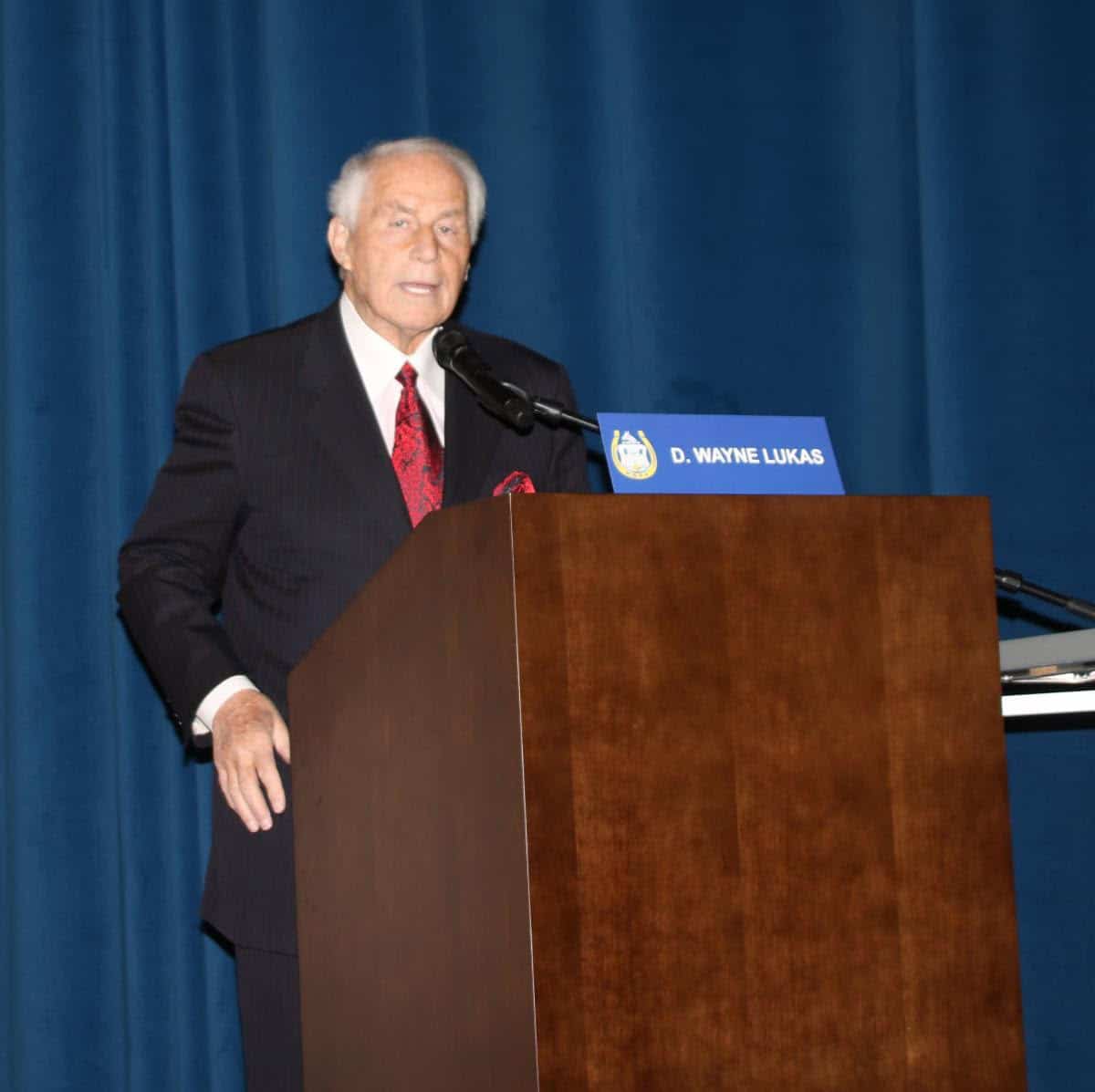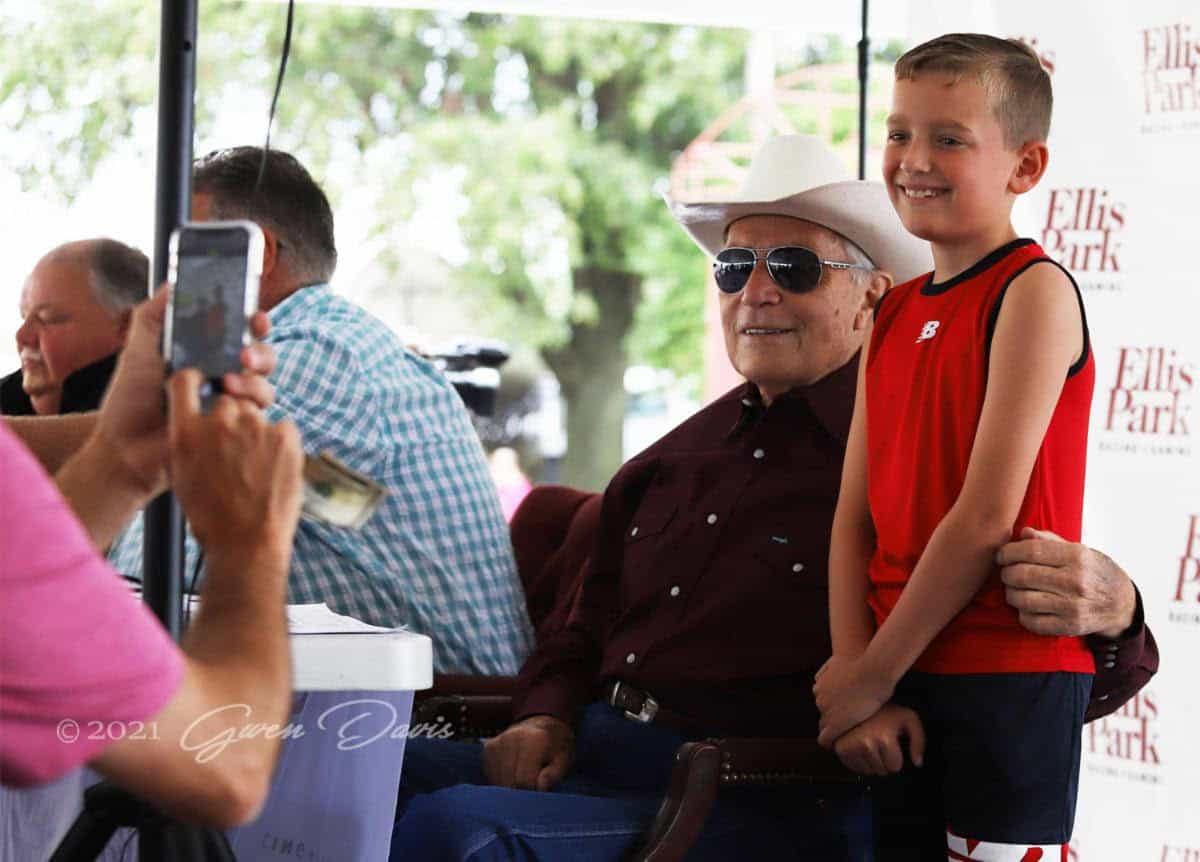Further Cuts Expected for WV Racing Dates
Blood-Horse
The West Virginia Racing Commission Nov. 18 approved customary live racing dates, but the schedules for Hollywood Casino at Charles Town Races and Mountaineer Casino, Racetrack & Resort are expected to be drastically reduced.
The WVRC at its monthly meeting discussed racing dates for 2016 and approved the statutory minimums of 220 programs at Charles Town and 210 at Mountaineer even though it fully intends to grant requests for reductions. The same situation developed earlier this year after the tracks showed they wouldn’t have sufficient funds to race full schedules and keep purses at acceptable levels.
Charles Town submitted its standard request for 220 programs but also filed a request for a reduction to 170. Before the shorter schedule is approved, it must go through a hearing process per statute.
“We’ve been in amicable dialogue with the (Charles Town Horsemen’s Benevolent and Protective Association) and do believe a consensus will be reached fairly soon,” Charles Town vice president of racing operations Erich Zimny said. “(The negotiations) have gone very smoothly.”
“We’ve discussed the issue with Charles Town on an optimum number of racing days,” Charles Town HBPA board member Joe Funkhouser told the WVRC. “We respectfully want to run as many days as possible without drastically cutting purses.”
Funkhouser said the optimal number for a year-round schedule is 175-190 days, and that would include an 8% purse cut. He urged the racing commission to assist in developing a “stable purse fund” in light of the fact a large chunk of the Charles Town stakes schedule falls in the first half of the year during a period when video lottery terminal purse receipts are at their lowest.
Approval of the stakes schedule, which would include the Charles Town Classic (gr. II) in April, was tabled by the WVRC. The purse for the Classic is expected to be $1.25 million, down from $1.5 million, because stakes purses are dependent on the overall projection for the total purse pool.
Mountaineer, meanwhile, applied for 160 programs for 2016, 50 less than the statutory requirement. That led the commission to call an executive session after which it voted to deny the request.
“I’m all for getting the number of racing days down and for getting the racing commission flexibility , but we can’t continue to flaunt the code,” WVRC member Bill Phillips said. “The law requires there be 210 days requested.”
Mountaineer officials argued otherwise. Director of racing Rose Mary Williams cited a provision of the statute regarding applications for racing dates and said: “We believe that under the code you do have the power and authority to grant the 160 days.”
Kelli Talbott, senior deputy attorney general for the WVRC, disagreed. “Plenary authority only goes so far,” she said. “It doesn’t mean you can ignore the code. There are only so many gymnastics you can do with a statute. We really need the statute changed.”
The WVRC attempted to do so this year, but the movement went nowhere in the legislature. On Nov. 18 it pledged to do so again in 2016 so it can have flexibility when it comes to awarding racing dates based on market conditions, not years-old statutory minimums.
It was revealed at the meeting, however, that the Mountaineer HBPA board of directors, which agreed with the track to cut 50 nights of racing this year, supports a plan for 137 racing programs in 2016. Mountaineer officials said they saw the letter after the request for racing dates was submitted and agreed to discuss it with horsemen before its next request for a reduction in dates is submitted.
“I’m not sure even 160 dates makes a lot of sense after reading that letter,” Phillips said.
According to estimates Mountaineer, if it raced 210 programs next year, would struggle to pay $70,000 a night in purses. In the mid-2000s, before Pennsylvania and Ohio got casinos, the nightly average was about $170,000.
The two tracks have been reducing racing dates the last few years because of declines in VLT revenue, either from serious competition from nearby casinos or decisions by the state legislature to shift revenue for purses to other state programs.





